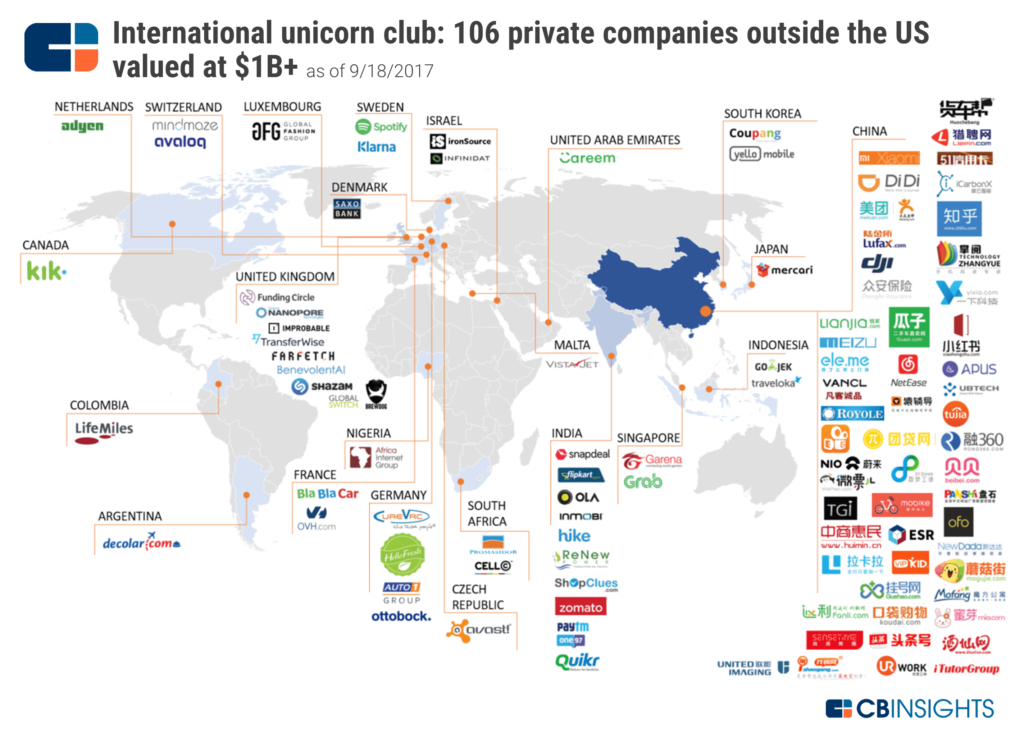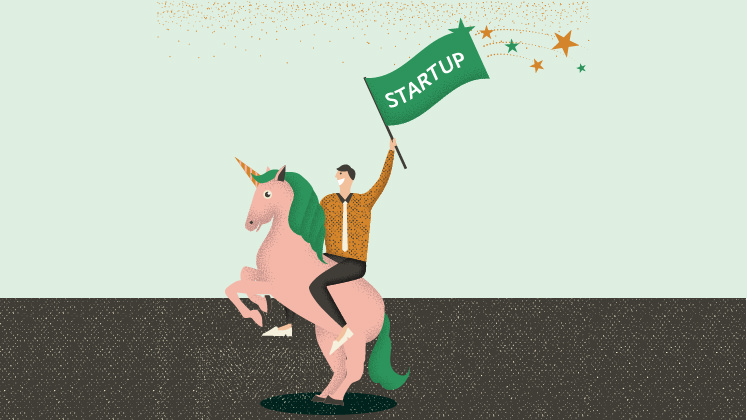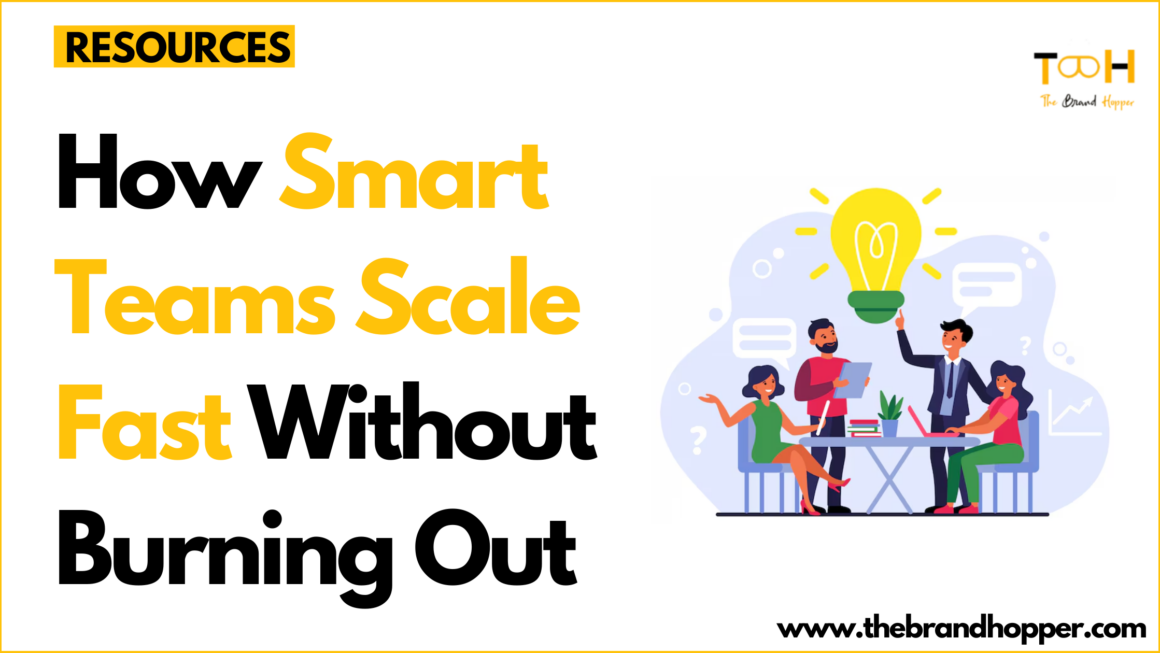Unicorn company denotes a startup firm that has been valued over $1 billion. The term was coined to represent companies/startup’s future growth opportunities.
The meaning of “Unicorn” is a mythical animal that looks similar to a horse but has a single straight horn projecting from its forehead. You won’t find a unicorn easily, and so is the rare sight of a startup turning into a conglomerate or a big company. This is why the term was used to represent such companies.
According to Google, there are over 465 unicorns as of April 2020.
Investors determine the value of a startup using methods like discounted cash flow, RoI, and many others. It is also based on the type of industry, market forces, competition, etc.. It depends upon the growth potential and expected development of market opportunities in which the startup operates,
Quikr, Zomato, Hike, Bigbasket, Dhruva, Policy Bazaar, Paytm, along with more than 25 startups are Indian unicorn companies.
U.S. and China, both have around 125 unicorn companies. There are approximately 400 unicorn companies in the world in August 2019 as per CB Insights data.

Related term:
Decacorn companies- This represents startup firms with over $10 billion valuation
Hectogon companies– This represents startup firms with over $100 billion valuation
Unicorn bubble– It is a theoretical economic bubble that happens when investors overvalue the startups. When they fail to deliver and perform as per the expectations, this bubble bursts open. This leads to reduced profitability for Venture capitalists/ investors and thus makes them less startup-friendly, leading to lower investments by them. Thus hurting economic growth and innovation.
Also Read: VUCA : What It Really Means




